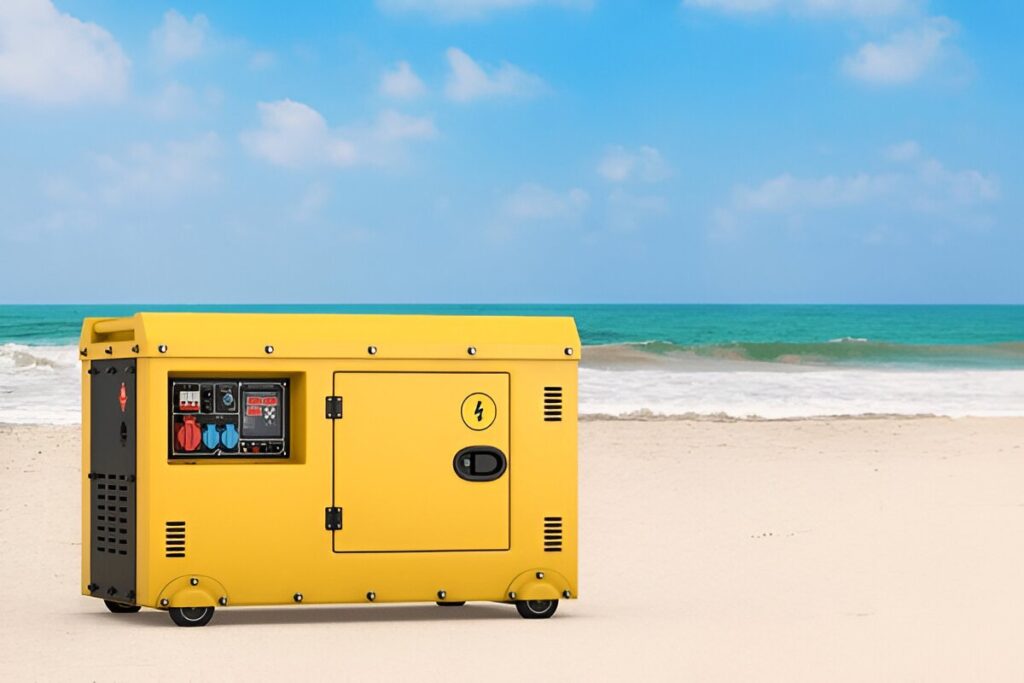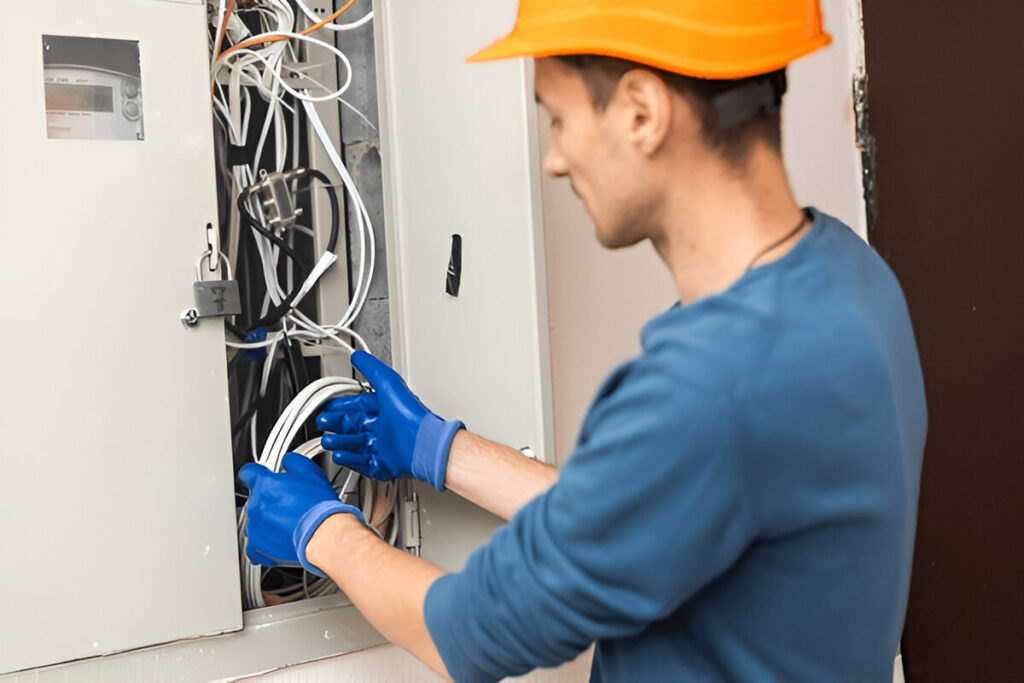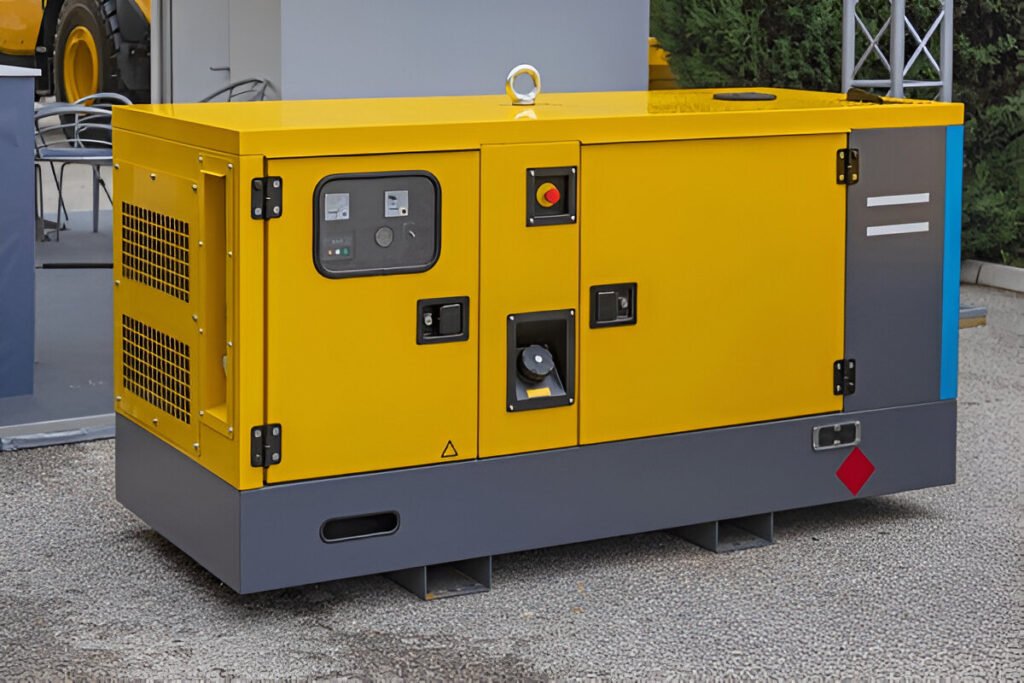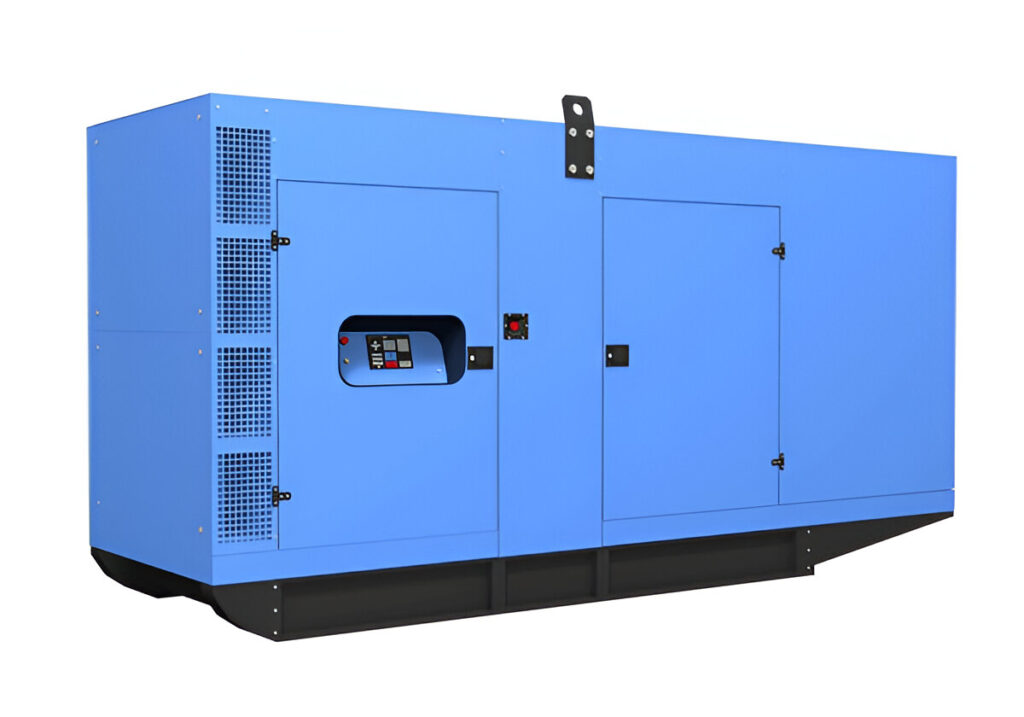When investing in a diesel generator, understanding generator load capacity is essential to ensure reliable performance and avoid equipment failure. Whether you’re running a business or need a dependable power backup for your home, calculating the correct load capacity is crucial for safety, efficiency, and cost-effectiveness.
In this blog, we’ll guide you step-by-step on how to assess the load capacity of a diesel generator, especially if you’re looking into generators for sale or planning to upgrade your current system. Let’s explore the key factors that impact generator load capacity and how you can choose the right size generator for your specific needs.
What is Generator Load Capacity?
Generator load capacity refers to the total amount of electrical power a generator can deliver continuously without failing or overloading. It is typically measured in kilowatts (kW) or kilovolt-amperes (kVA).
Choosing a generator with the correct load capacity means it can handle the combined energy demands of all your electrical appliances or machinery. Undersizing your generator can lead to power shortages, while oversizing increases fuel costs and maintenance.
If you’re unsure about your requirements, consulting with experts like those at Caterpillar Generator Company can help you make an informed decision.
Step-by-Step Guide to Assessing Load Capacity
1. List All Electrical Equipment
Start by creating an inventory of all electrical devices and machinery you intend to run on the generator. This includes:
- Air conditioners
- Refrigerators
- Computers
- Lights
- Pumps
- Heaters
- Motors
Label each device with its starting (peak) and running (continuous) wattage. This is especially important for high-startup equipment like compressors.
If you’re setting up industrial machinery, consider browsing diesel motor generators suitable for heavy-duty operations.
2. Calculate Total Power Needs
Add the running wattage of all equipment to determine your total base load. Then, calculate starting wattage for devices that require extra power at startup (like motors or HVAC units). Add this to your total load.
Example:
- Lights: 1,000W
- Refrigerator: 700W (Running), 2,200W (Startup)
- Pump: 1,500W (Running), 3,000W (Startup)
- Computers: 400W
Total running wattage = 1,000 + 700 + 1,500 + 400 = 3,600W
Total starting wattage = 2,200 + 3,000 = 5,200W
You’ll need a generator that supports a peak load of at least 8,800W (8.8kW).
Check out available options like the 10kW Generator if your calculated load falls within this range.
3. Understand Power Factor
The power factor (PF) is the ratio of real power (kW) to apparent power (kVA). Residential applications typically use a PF of 1.0, while industrial environments may use 0.8.
Formula:
kW = kVA × PF
If you’re buying a 25kW Generator, make sure it aligns with your equipment’s voltage, frequency, and power factor requirements.
4. Consider Load Types
There are different types of loads that impact the generator’s performance:
- Resistive loads (heaters, lights): Steady demand
- Inductive loads (motors, pumps): Require high startup power
- Capacitive loads (UPS systems): Can create harmonics or surges
These considerations will help you decide between models, such as a used generator for sale for lighter loads or brand-new industrial sets for large-scale operations.
5. Factor in Future Expansion
Always account for future expansion by adding 20–25% buffer capacity. This prevents overloads as your power needs grow.
If you’re unsure whether to upgrade now or later, generator rentals may be a good temporary solution to test the waters before purchasing.
Additional Considerations
Generator Enclosure
Don’t forget about a generator enclosure. It protects your generator from harsh weather and reduces noise levels, especially important for residential or urban installations.
Standby vs. Prime Power
- Standby generators are used during power outages and are ideal for homes and small offices.
- Prime generators operate continuously and are essential for construction sites or remote locations.
Standby generator Canada models are popular in areas with unreliable grid connections.
Diesel vs. Gasoline
Diesel generators offer better efficiency and durability, especially for high-load applications. If you’re searching for a dependable diesel generator for sale, diesel units are your go-to option.
You’ll find a wide variety of generator on sale at BC Diesel Generators, whether you’re looking for light-duty or heavy-duty usage.
Why Choose BC Diesel Generators?
When selecting a reliable generator, it’s important to work with experienced professionals. At BC Diesel Generators, you can find everything from cat engines, cummins generator canada, to caterpillar generators under one roof.
Whether you’re looking for a generator for sale, backup generator canada, or just advice on the right generator load capacity, their team has you covered.
Final Thoughts
Understanding generator load capacity is critical to ensuring you purchase the right generator that can handle your power needs safely and efficiently. From calculating total wattage to factoring in future expansion, each step plays a vital role in your decision.
Before you make a purchase, browse through used generators for sale or get in touch with specialists at BC Diesel Generators. Their expert guidance and premium inventory can help you avoid costly mistakes and keep your power running when it matters most.





